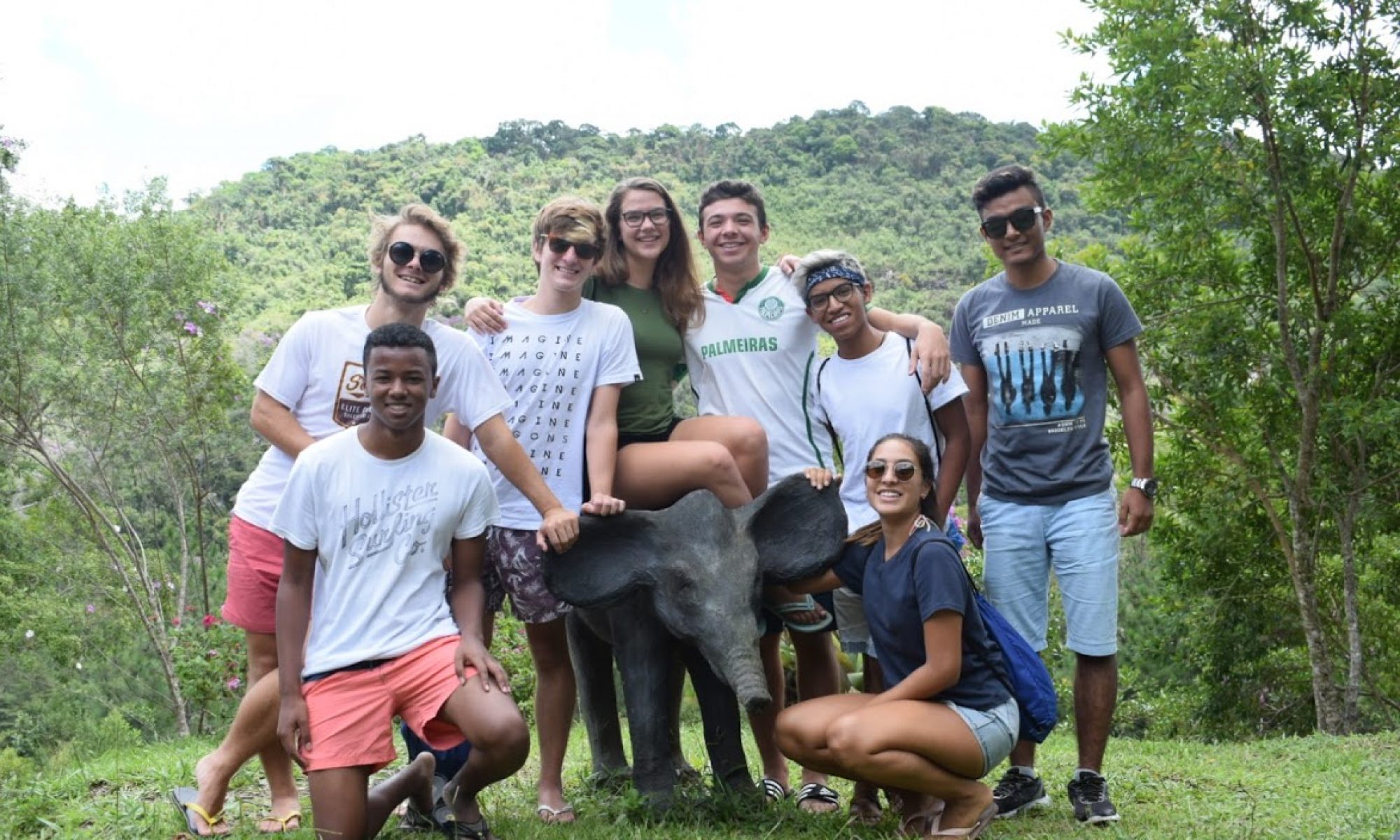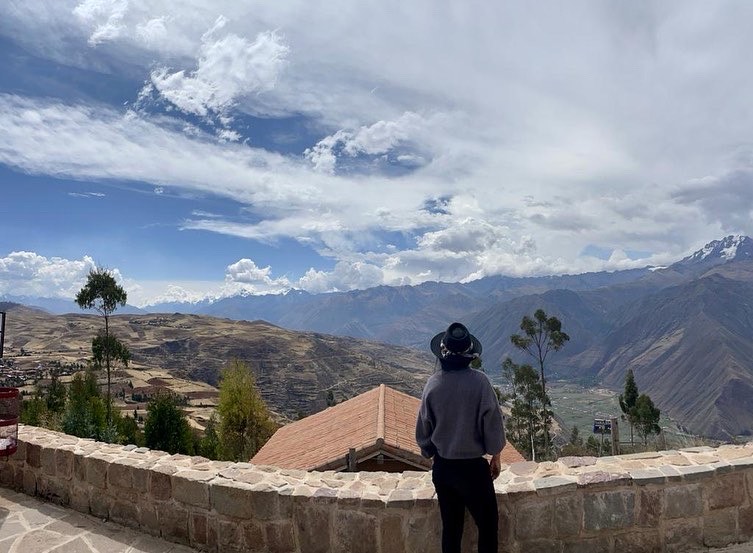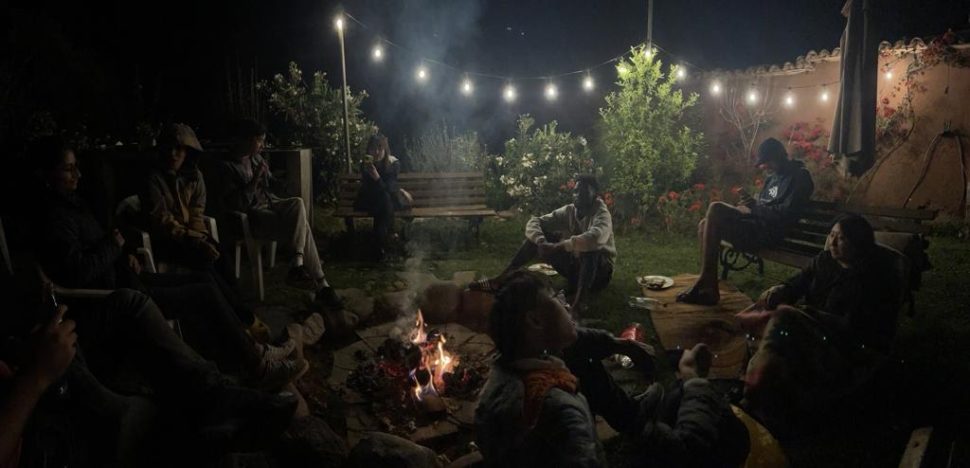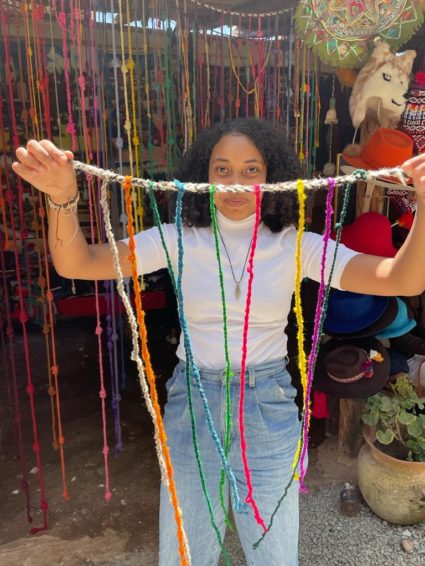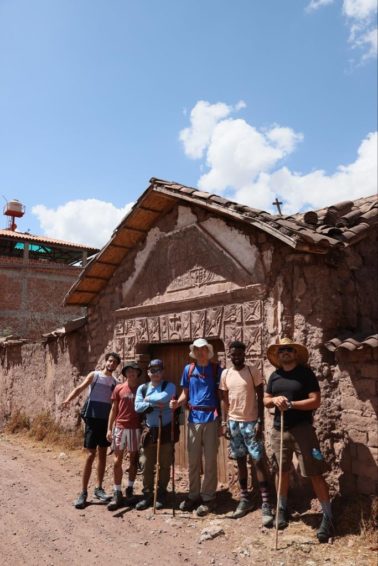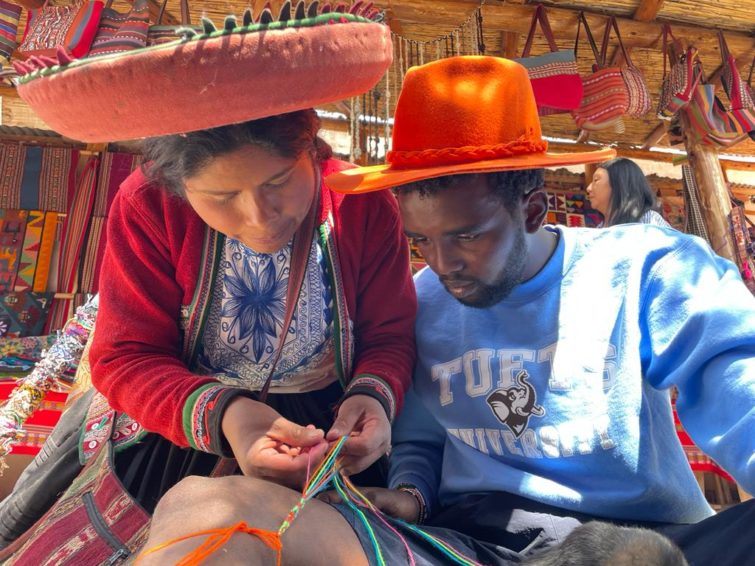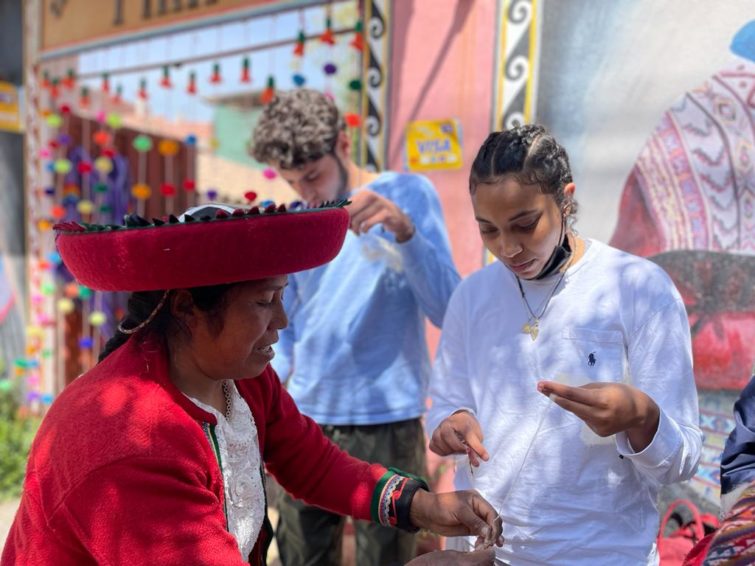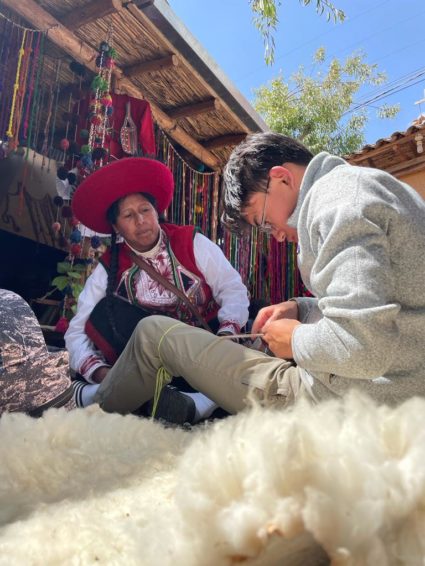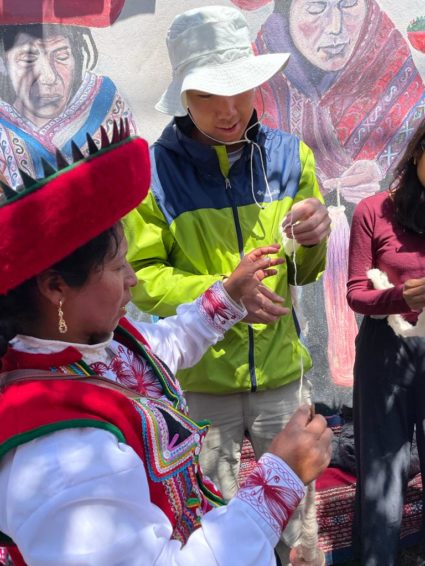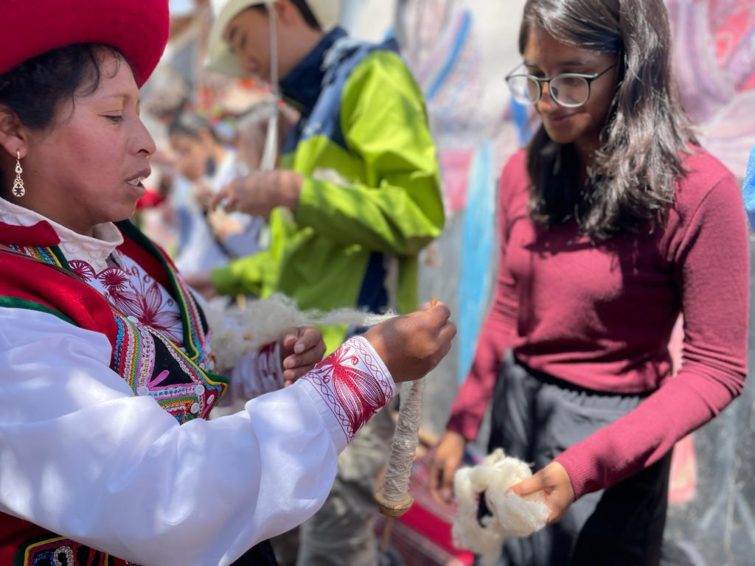by Tsering, Civic Semester Staff
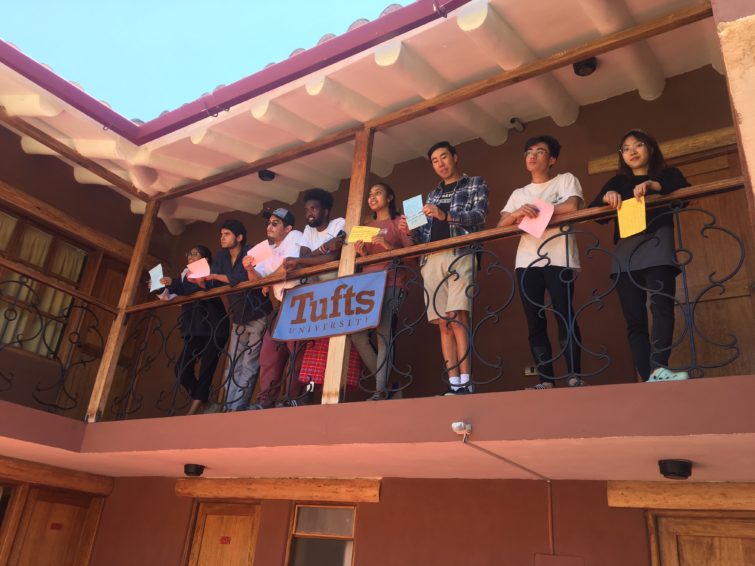
Today, we marked our first day of midcourse activities here in Urubamba. It is hard to believe that we are almost halfway through our Tufts Civic Semester here. Keeping with the themes of Review, Reflect and Gratitude, we started the morning off with a Metta meditation-giving loving kindness to self and others. We then went down memory lane reviewing our journey from the moment we landed in Urubamba to this moment, over freshly made chai. From our first awkward encounters with each other, to navigating the narrow streets of Urubamba, to cooking for our first meal, to our first tuk tuk rides, to the cold hail of Paru Paru, to BBQ dinners over the bonfire and asking what leadership means, and how does one fulfill one’s civic duties, the activity ended in loud laughter of good memories underlined by personal growth and development. How far we have come indeed! Reflecting back on our course so far, students connected with the words of Robert Frost’s poem ‘The road not taken’ and sat with the lines in reflection, “ Two roads diverged in the wood and I- Took the one less travelled by. And that has made all the difference.” The students re-read the letter they had written to self, reviewed how far they had come, reflected on how they want this journey to impact their lives in the future, and realigned their personal goals with a new letter to self that will be read again at the end of the course.
Continue reading “Mid Course Memories”